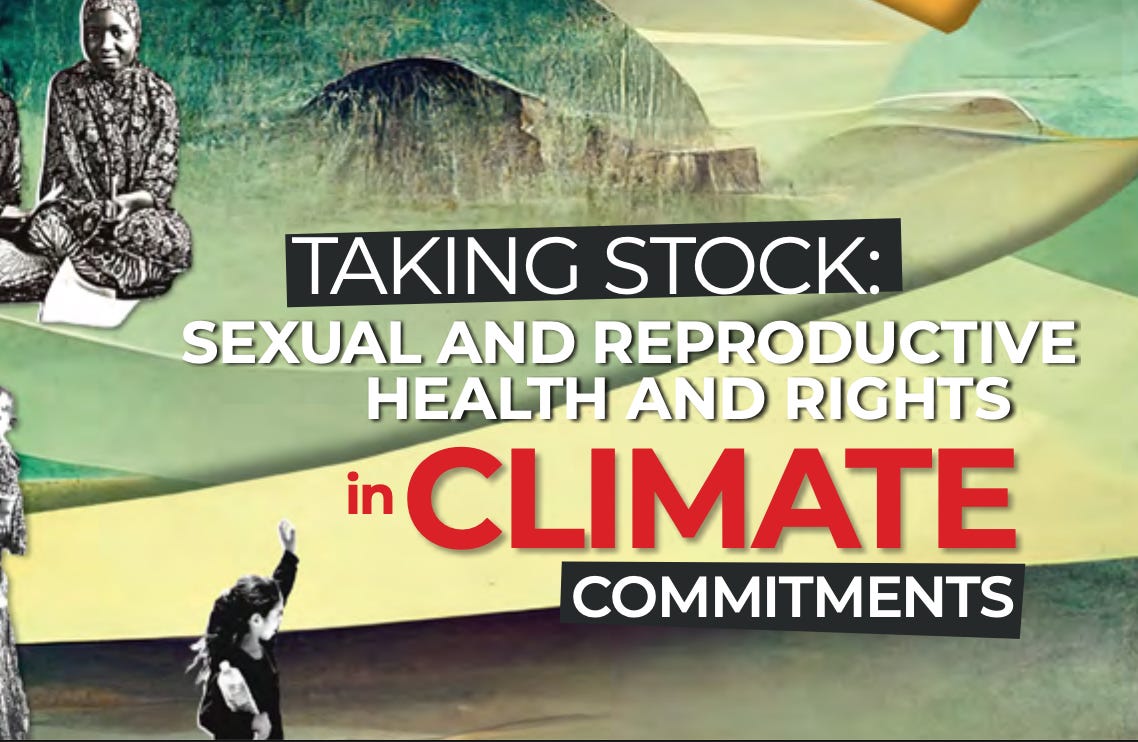Women, girls disproportionately affected by climate change
UN Report indicates how environmental degradation harms women's rights
A new climate change report indicates that women and girls are disproportionately affected by things that hurt the environment.
The United Nations Population Fund, in collaboration with Queen Mary University of London, conducted a systematic content analysis of Sexual Reproductive Health and Rights references and related thematic areas in Nationally Determined Contributions (NDC) documents for 119 countries.
Those documents are the most central and globally representative climate policy documents that outline countries' national climate plans that have ratified the Paris Climate Agreement. Submitted every five years, the NDCs indicate countries' voluntary commitments to achieving agreed-upon mitigation and adaptation goals.
According to the report, women, girls, and marginalized groups largely dependent on natural resources for livelihoods are among the hardest hit by extreme weather patterns. These weather patterns limit their access to food, water, shelter, education, and essential health services, including those that address sexual and reproductive health and rights (SRHR), gender-based violence (GBV), and preventing harmful practices such as child marriage and female genital mutilation.
The risks of gender-based violence and child marriage are known to increase in times of stress and scarcity following extreme weather events and disasters, and climate change exacerbates the drivers of child marriage.
Climate-related emergencies cause significant disruptions in access to health services and life-saving commodities, including contraception. The challenge climate change poses around access to SRHR services will be keenly felt by those who already face discrimination and marginalization.
Researchers behind the report said the UNFPA has committed to three transformative results by 2030. They want to end preventable maternal deaths, unmet need for family planning, and gender-based violence. The rapid pace of climate change over this decade will make these transformative goals more challenging.




